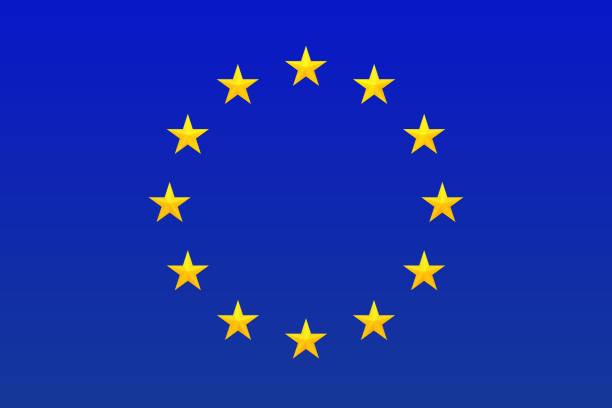Photo caption: EU logo
During a discussion among the 27 EU member states on reducing the Union’s dependency on Russian fuel, Hungary and Slovakia opposed the roadmap proposed by the Polish Presidency of the Council of the EU.
Hungary and Slovakia declined to endorse an EU text outlining how Europe will phase out its reliance on Russian natural gas and oil on Monday.
The European Commission’s proposal is to ban EU Russian gas and liquefied natural gas (LNG) imports by the end of 2027, and the executive is now expected to propose the law on Tuesday, which could still pass without the approval of the two countries.
“Europe’s energy security depends on its sovereignty. We must diversify partnerships, reinforce infrastructure, invest in renewables, and complete the single energy market. The time to act is now – we keep on learning this the hard way,” Paulina Hennig-Kloska, Polish Minister for Climate and Environment told journalists.
“Hungary vetoed Council conclusions urging theEuropean Commission to move ahead with the plan to ban Russian gas and oil. Energy policy is a national competence and this endangers our sovereignty and energy security. Given the Middle East escalation, we proposed no such plan be tabled at all,” Hungarian minister for foreign affairs Péter Szijjártó wrote on X (formerly Twitter).
The Polish Presidency, which will conclude its rotating leadership at the end of June, clarified that the text is not a formal “Council conclusion” but rather an “ambitious proposal” intended to gauge the views of member states on the proposed road map.
European Commissioner for Energy Dan Jørgensen told journalists that the EU executive will present a new legislative proposal on the topic on Tuesday, given the strong support for the proposal.
The Commission is reported to plan proposing the ban using a legal basis that could enable it to be adopted with a reinforced majority of countries and a majority of the European Parliament. A reinforced majority requires the support of 15 or more of the EU’s 27 members, representing at least 65% of the EU’s population.
Lars Aagaard, Danish Minister for Climate and Energy, told journalists on Monday that Danish presidency will make an effort to “reach [political approval] as fast as possible”, adding: “If we succeed in concluding [the legislation] before New Year, I think that we have done a tremendous job.”
Russia’s fuel to the EU
The EU has significantly reduced its energy imports from Russia since 2021.
Russian gas imports fell from 45% in 2021 to 19% in 2024, with projections of dropping to 13% in 2025.
Crude oil imports from Russia declined from 27% in 2022 to 3% in 2024.
Despite progress, Russia still supplies gas, oil, and nuclear materials.
=== Yahoo ===



